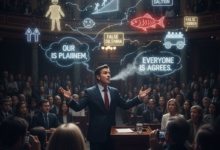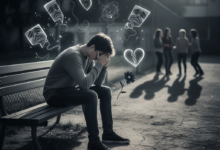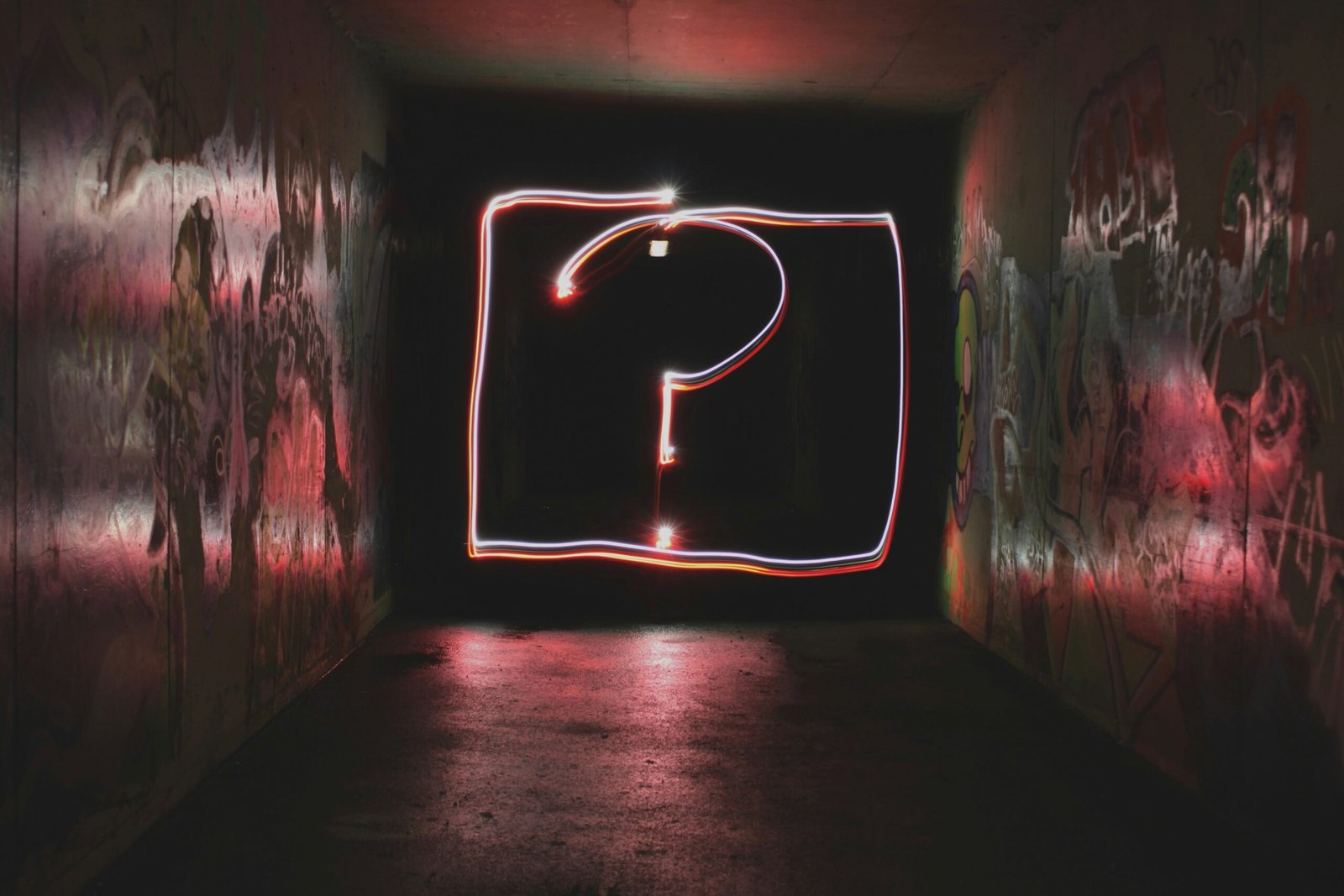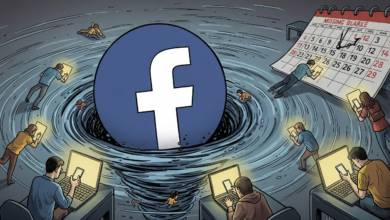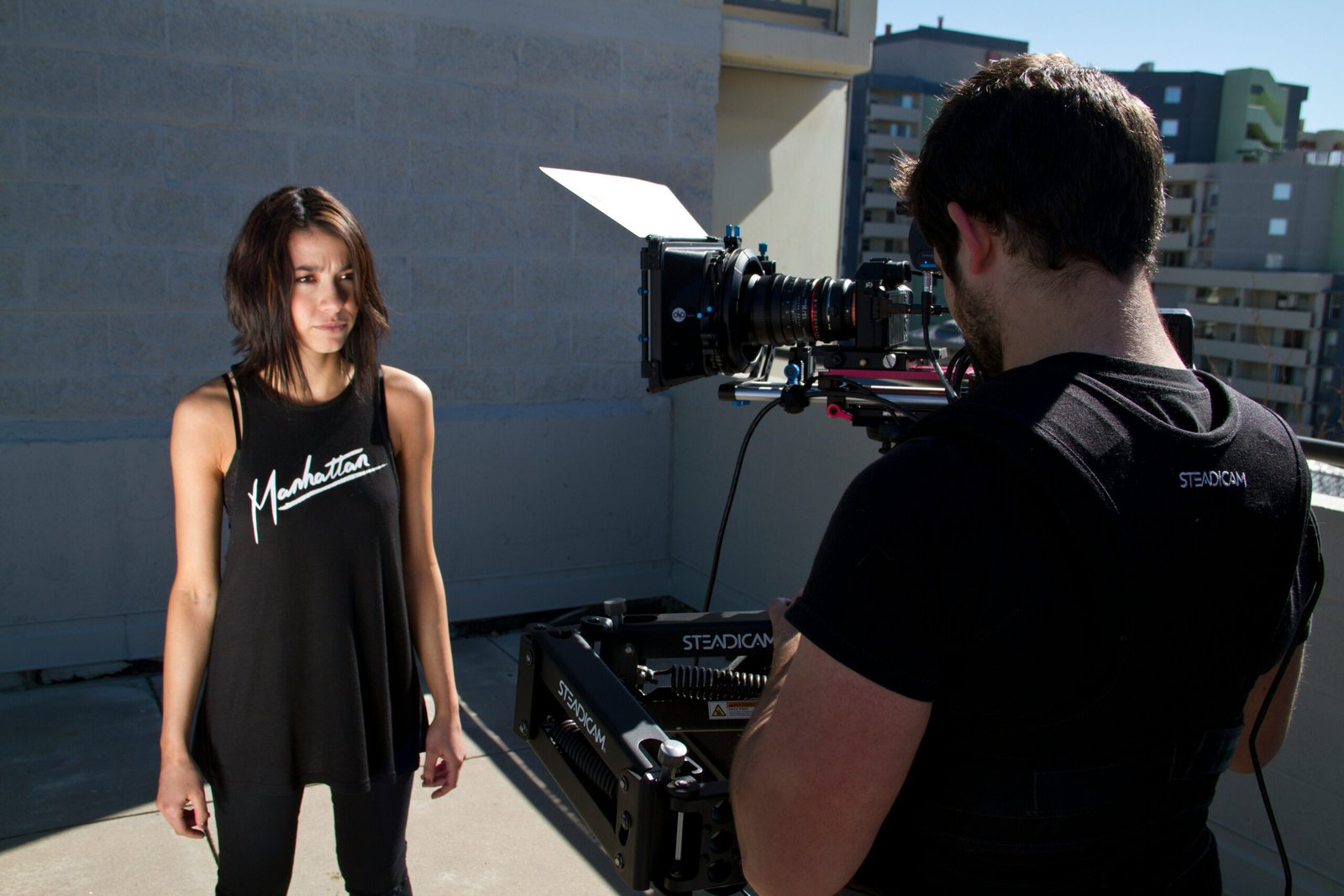The Undying Allure: Understanding Our Fascination with Zombies from a Psychological Perspective
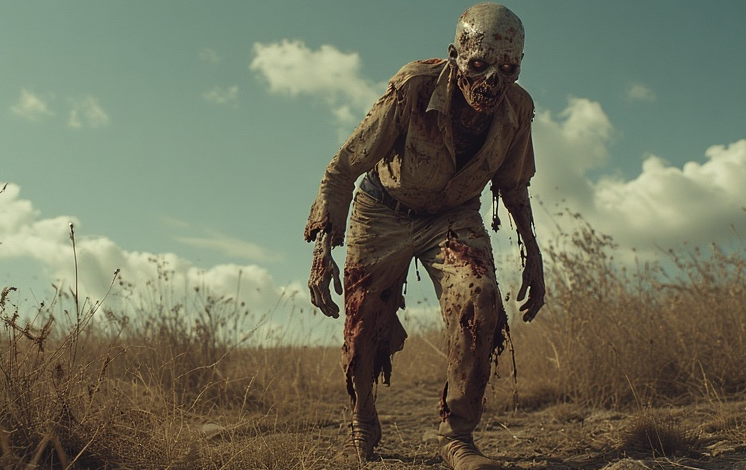
Introduction to Zombie Fascination
The enduring fascination with zombies has become a prominent cultural phenomenon that captures the imagination of audiences worldwide. Originating from folklore, particularly within Haitian Vodou traditions, zombies were initially depicted as reanimated corpses controlled by sorcerers. Over time, this portrayal has evolved significantly, transitioning into an archetype found in contemporary literature, film, and media.
In the early 20th century, films such as “White Zombie” introduced the concept to a broader audience, cementing the zombie as an entity of horror. As the genre gained traction, especially from the late 1960s onward with George A. Romero’s seminal work “Night of the Living Dead,” the characteristics associated with zombies transformed. They evolved from being mere figures of voodoo magic into symbols of societal fears, encompassing themes of consumerism, loss of individuality, and existential dread.
The representation of zombies has further diversified through various media platforms, illustrating humanity’s persistent grappling with life, death, and the unknown. Video games, television series, and graphic novels have all contributed to the multifaceted nature of zombie narratives, often integrating psychological themes that resonate with audiences. The focus shifted from uncomplicated horror to narratives that explore survival, morality, and the human condition amidst apocalyptic scenarios.
This continual adaptation speaks to a deeper psychological resonance within societies, reflecting our anxieties and curiosities about mortality, societal collapse, and the notion of what it means to be human. The amalgamation of folklore, psychological themes, and modern interpretations creates a rich tapestry that continues to captivate creators and consumers alike. Understanding the roots of this fascination unveils the underlying fears and societal critiques, paving the way for a deeper exploration of our relationship with these iconic figures of horror.
The Mythological Roots of Zombies
The concept of zombies is not merely a contemporary phenomenon but has deep historical and mythological roots that span various cultures and epochs. The portrayal of the undead, or zombie-like figures, can be traced back to ancient civilizations, where these beings often symbolized societal fears surrounding death and the unknown. In many cultures, the notion of resurrection—returning from death—has provoked both intrigue and horror, reflecting the anxieties tied to mortality.
In Haitian Vodou, for instance, the zombie is described as a person resurrected by a sorcerer, serving as a metaphor for control and servitude. This interpretation encapsulates the fears of loss of autonomy and the haunting aspect of individuals stripped of their will. Such beliefs continue to resonate, emphasizing oppressive forces in societies, both historical and modern. The concept of zombies has also appeared in various African traditions, where spirits of the deceased might return during certain rituals, prompting communities to address their feelings about death and ancestors.
Similarly, in ancient Mesopotamia, tales of the dead rising or existing in an undead state served as cautionary stories about the consequences of disrupting the natural order. These narratives often warned against the repercussions of denying the inevitability of death and the importance of proper burial practices. The underlying themes present in these myths—death, loss, and the desire for eternal life—continue to be powerful throughout history.
As we progress through time, these mythological roots have shaped modern interpretations found in literature and film. Today’s zombies are often depicted as mindless creatures, reflecting societal fears of dehumanization and the loss of individuality, themes deeply entrenched in cultural history. The psychological allure of zombies thus lies in their ability to evoke fundamental human fears, acting as a mirror to our collective anxieties about life, death, and the unknown.
Psychological Theories Behind Zombie Obsession
The fascination with zombies is a multifaceted phenomenon that can be analyzed through various psychological theories. One significant perspective comes from Freudian concepts, particularly the notion of the uncanny. According to Freud, the uncanny involves an interaction of the familiar and the unfamiliar, often provoking feelings of unease. Zombies, as reanimated corpses, embody this uncanny quality; they are dead yet mobile, familiar yet grotesque, which may evoke a deep-seated discomfort. This sense of eeriness can elicit a psychological response rooted in our primal fears of death and the unknown.
Existential fears also play a crucial role in our obsession with zombies. These fears relate to the inevitability of death, the fragility of life, and the uncertainties surrounding our existence. Zombie narratives often present apocalyptic scenarios that magnify these existential dilemmas, forcing characters and, by extension, the audience to confront their mortality. Such representations serve as metaphors for our struggles with loss and the meaning of life, which resonates profoundly with individuals grappling with their place in the world.
Moreover, the appeal of apocalyptic scenarios taps into a broader psychological context. These narratives often explore themes of survival, morality, and human resilience in the face of catastrophic events. The chaos of a zombie apocalypse allows us to examine societal breakdowns and the extremes of human behavior when faced with existential threats. This facilitates a collective reflection on our values and connections to others, enhancing our engagement with the genre.
When viewed through these psychological lenses, the enduring fascination with zombies becomes a rich tapestry woven from our deepest fears and existential questions. Understanding these theories not only unravels the mystery of our zombie obsession but also provides valuable insights into the complexities of our collective psyche, illustrating how art reflects our most profound anxieties and desires.
Zombies as Symbols of Societal Fears
The fascination with zombies extends beyond simple entertainment; these creatures serve as potent symbols of various societal fears and anxieties. Across different cultural contexts, zombies have been employed as metaphors to reflect concerns regarding consumerism, loss of individuality, and anxieties surrounding disease and contagion. By scrutinizing the portrayal of zombies in popular media, one can observe how these narratives mirror contemporary issues in society.
One significant theme represented by zombies is consumerism. The depiction of mindless hordes of the undead in works such as George A. Romero’s “Dawn of the Dead” showcases an unsettling parallel to materialistic behavior. In the film, shoppers are overtaken by the desire to consume, paralleling the relentless pursuit of possessions that characterizes modern life. This serves as a critique of society’s obsession with material wealth, ultimately suggesting that individuals may sacrifice their uniqueness and humanity in the quest for more. The zombie represents not only this loss but also serves as a warning of what occurs when consumer culture overwhelms personal identity.
Additionally, the portrayal of zombies often evokes fears of contagion and loss of control in an increasingly interconnected world. The rapid transformation of individuals into lifeless beings encapsulates concerns about the spread of disease, as witnessed in the “28 Days Later” films. Such narratives tap into public anxieties surrounding pandemics and highlight society’s vulnerability to external threats, impulse to panic, and overwhelming chaos that can arise from widespread fear of contagion.
Through these case studies, it becomes clear that zombie narratives are deeply intertwined with societal fears. They not only reflect the psychological landscape of different eras but also serve as a lens to examine critical issues that resonate with audiences, encouraging individuals to confront and reflect upon these latent concerns. The allure of zombies, therefore, lies not merely in their horror but in their ability to encapsulate and challenge societal norms and anxieties.
The Role of Escapism in Zombie Narratives
Zombie narratives have carved out a unique space within the realm of entertainment, serving not only as thrilling entertainment but also as a conduit for escapism. The inherent chaos and horror presented in zombie films and literature allow individuals to step away from their daily lives and immerse themselves in alternate realities. This form of storytelling offers a safe environment in which audiences can confront their deepest fears and anxieties, all while remaining in control of their experience. The undead, often portrayed as relentless and insatiable, symbolize the unknown terrors that haunt us in real life, including societal collapse, illness, and fear of death.
Engaging with zombie narratives enables individuals to displace their real-life insecurities and stressors into a fictional framework. As characters struggle against the undead hordes, viewers and readers can reflect on their own challenges and fears in a manageable context. The adrenaline rush provided by the horror can be exhilarating, granting a sense of exhilaration that contrasts sharply with everyday monotony. Furthermore, these narratives frequently offer a glimpse into human resilience, survival, and the importance of community bonds in the face of overwhelming adversity, prompting audiences to consider their own capacity for endurance.
In addition to providing thrills, zombie stories often encourage reflection on human behavior when faced with a crisis. This subset of horror prompts a philosophical inquiry into what it means to be human amid chaos. People often identify with characters portrayed in various scenarios, gleaning insights on morality, ethics, and emotional responses to catastrophic events. Ultimately, superimposing the struggle against the living dead onto real-life existential dilemmas offers a pathway for both entertainment and emotional processing. By channeling fears through the lens of the undead, individuals can gain clarity and perhaps even catharsis, allowing them to return to their lives refreshed and more grounded in reality.
Connection to Community and Collective Experience
The fascination with zombies transcends mere curiosity; it often serves as a vehicle for community and collective experience. As fans gather around the narratives of the undead, they create a strong sense of belonging that is integral to the allure of zombie culture. This communal aspect is vividly illustrated through events such as zombie walks and conventions, where individuals don costumes and embody their favorite characters, fostering a shared adventure that can redefine social interactions.
Zombie walks, in particular, have become popular events worldwide, bringing together enthusiasts from diverse backgrounds. Participants often dress as zombies, complete with elaborate makeup and costumes, and collectively traverse urban landscapes. This event not only allows individuals to express their creativity but also cultivates camaraderie among participants. The shared experience of staggering through a city as the undead creates a unique bond that invites conversations and relationships to blossom. Many fans report forming long-lasting friendships at these events, driven by their joint passion for zombie lore.
Moreover, conventions dedicated to zombie films, literature, and television series serve as hubs for fans to connect and exchange ideas. These gatherings often feature panels with creators, discussions on narrative themes, and workshops on special effects makeup. By engaging in these activities, individuals not only deepen their appreciation for the genre but also foster connections with like-minded individuals. Such interactions cultivate a sense of community that extends beyond the events themselves, often leading to online discussions and collaborative projects that keep the spirit of the genre alive.
Ultimately, the connection to community within the realm of zombie fandom highlights the genre’s ability to unite individuals. Through shared experiences and mutual interests, fans find not just entertainment but also a meaningful community that enriches their engagement with these narratives.
The Evolution of Zombies in Modern Media
The portrayal of zombies in modern media has undergone a significant transformation, evolving from their traditional representations as mindless, flesh-eating monsters to complex and relatable characters. This shift can be traced back to various cultural, social, and psychological factors influencing the way society perceives the undead. Early depictions of zombies focused largely on fear and horror, which resonated with audiences during times of uncertainty and upheaval, reflecting societal anxieties surrounding death and the unknown.
As societal attitudes have shifted, so too has the narrative surrounding these creatures. Contemporary media often emphasizes the emotional depth and existential struggles of zombies, portraying them as victims of circumstance rather than mere threats. Series such as “The Walking Dead” and films like “Warm Bodies” showcase how these undead characters grapple with their identities, memories, and the consequences of their condition. These narratives push against traditional boundaries, inviting audiences to empathize with beings typically relegated to the background of horror stories.
This evolution corresponds with a broader psychological interpretation of the zombie archetype. As the concept of the zombie has diversified, it has mirrored increasing societal preoccupations with issues such as isolation, consumerism, and the loss of individuality. Zombies have come to symbolize not just fear, but also a reflection of our own humanity and the potential for redemption. Their presence in media serves as a medium for exploring deeper themes such as mortality, societal collapse, and interpersonal relationships in a world increasingly characterized by disconnection.
Therefore, the transformation of zombies in modern narratives reflects not only a change in entertainment styles but also deeper psychological insights into the human condition, illustrating the undying allure of the undead in contemporary media.
The Impact of Virtual Reality and Gaming
The advent of virtual reality (VR) technology and the rise of zombie-themed video games have transformed the landscape of interactive entertainment, introducing players to immersive experiences that engage the senses in unprecedented ways. The psychological impact of these mediums on our fascination with zombies cannot be overstated. As players navigate apocalyptic worlds filled with the undead, they are not merely spectators; they become active participants in narratives that explore themes of survival, fear, and societal collapse.
One of the key elements that enhance the appeal of zombie narratives in gaming is the interactive nature of these platforms. Unlike traditional storytelling methods, video games allow players to make choices that influence outcomes, creating a unique bond between the player and the game world. This agency cultivates an emotional investment, prompting players to confront their fears and vulnerabilities head-on. The visceral experience of facing zombies in a virtual environment can generate adrenaline, tapping into the primal instincts of fight or flight, thereby amplifying our inherent fascination with these creatures.
Moreover, VR environments have taken this immersion a step further, offering players a 360-degree view of zombie-ridden landscapes. By engaging multiple senses, VR can evoke stronger emotional reactions and foster a deeper connection to the narrative. This heightened sense of realism allows individuals to experience scenarios that are both thrilling and terrifying, driving interest in the zombie genre. Players can feel the tension rise as they navigate through dimly lit alleyways or engage in combat with the undead, enhancing the allure of this narrative form.
Ultimately, the combination of gameplay mechanics and immersive technology contributes significantly to our ongoing fascination with zombies. By bridging the gap between fiction and reality, gaming offers a platform for individuals to explore their fears in a controlled environment, enriching our understanding of this enduring cultural phenomenon.
Conclusion: The Enduring Legacy of Zombie Fascination
Zombies have captivated the collective imagination of society for decades, serving as an enduring symbol of numerous psychological themes. Their presence in popular culture often reflects our most profound fears and desires, including the anxiety surrounding death, the unknown, and societal breakdown. As we dissect the reasons behind this fascination, it becomes clear that zombies embody the darker aspects of the human psyche, acting as a mirror reflecting our internal struggles. From literature to film and video games, the zombie genre has consistently evolved, adapting to the contemporaneous societal context while still maintaining its fundamental appeal.
The cultural significance of zombies extends beyond mere entertainment; they also prompt a deeper exploration of morality, ethics, and the human condition. In times of crisis, such as during a pandemic or significant societal upheavals, zombie narratives often emerge, providing a framework for understanding chaos and human survival instincts. This adaptability underscores our ongoing relationship with zombie lore, as we grapple with our existential fears in a rapidly changing world.
Moreover, the psychological allure of zombies lies in their representation of a world unshackled from the norms of society. They allow audiences to experience a breakdown of order while also engaging with the idea of resilience and survival. As we look to the future, it is likely that zombies will continue to evolve, prompting new interpretations and discussions regarding human identity and societal constructs. By examining this fascination through a psychological lens, we gain insight not only into our cultural narratives but also into our inherent needs to confront mortality, societal issues, and the complexities of our own nature. Thus, the legacy of zombies serves as a constant reminder of our shared human experience, shaping the way we understand ourselves and our world.
